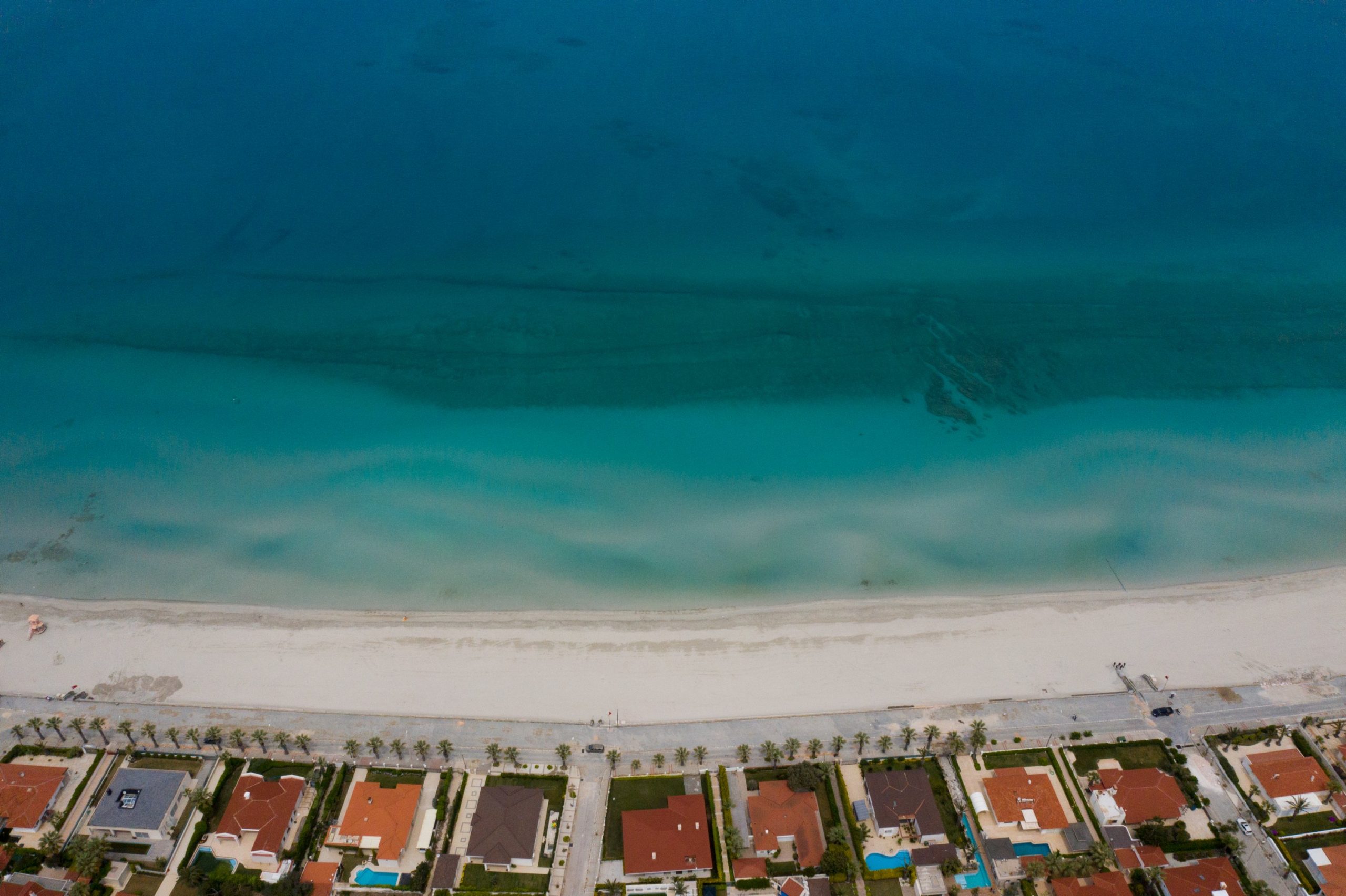Turkey has initiated a partial normalization process as the country’s fight against the coronavirus pandemic has proven effective and a decline in the number of new infections and deaths is reflected in the figures. Now, an action plan for the tourism sector is set to be implemented to revive the country’s virus-hit industry safely and steadily.
The normalization process for the industry will include various measures, from imposing social distancing rules in crowded places to providing face masks to the tourists.
According to the newly announced action plan, a certification system will be implemented for both hotels and transfer vehicles. All details were taken into consideration for the certification program, from the training of the hotel employees to the reorganizing of buffets, restaurants, meeting rooms or pool areas.
Disinfectants will be available at every transfer vehicle, while the seats on each side of the passenger will be left empty.
The hotels will be given a maximum occupancy permit of 60% and the hotel owners will provide masks to tourists without masks. At the entrance of the hotels, visitors’ body temperatures will be checked and lines marking social distancing will be used at reception and lobby.
The hotel management will put up warning signs about the virus at various points within the facility and will also distribute brochures and information notes in different languages. Disinfectants will be accessible in various parts of the facilities from the lobby to floors, elevators and corridors.
Hotel rooms to be left empty for 12 hours
The certification process will be implemented with the coordination of Tourism, Health, Transport, and Agriculture ministries, the Turkish Standards Institute (TSE), along with nongovernmental organizations and sector representatives. During this period, surfaces with dense human contact such as door handles, touch screens, control panels, countertops, hand washing stations and toilets will be regularly disinfected.
The sitting areas in the lobby, resting, or waiting areas will be redesigned to prevent people from hanging around crowded areas. Accordingly, the number of seats and chairs will be reduced to the minimum and the necessary social distance markings will be made.
Water heaters, television and air conditioners in each room will be disinfected following the customers’ departure from the hotels and the rooms will be left empty for 12 hours for refreshing and ventilation.
Hotel staff in charge of room cleaning will use personal protective equipment while working.
Quarantine areas in hotels
One of the changes that will come into force during this period of the pandemic, or possibly post-pandemic, will be quarantine areas created at hotels for emergencies. Guests displaying COVID-19 symptoms will be taken to the quarantine area.
Protective clothing will be available for the hotel staff to prevent contamination while exclusive training will be given to the staff on how to handle a possible occurrence of an infected case.
Open buffet system stays
Open buffets at hotels was also discussed, a subject included in the action plan as well. The system will not be lifted completely but several changes will be implemented. The foods will be presented from behind glass panels and hotel staff will serve the food while products and materials such as sugar, salt, spices, toothpicks will be offered in disposable packages.
Hand sanitizers will be placed at the entrance of the restaurants as well, while social distancing marks will be placed, maintaining a minimum distance of 1.5 meters (4.9 feet) between the tables. Tea or coffee machines, all kinds of beverage machines and similar devices in common use will be removed and the beverages will be served by the staff.
Similar rules, such as social distancing marks between sunbeds, will also be applied to pools or beach areas.
The chlorine level in swimming pool water will be kept between 1-3 parts per million (ppm) in outdoor pools and between 1 and 1.5 ppm in indoor pools.
The Fitness centers and spa areas will be closed this season.
Sector representatives hopeful
Meanwhile, the partial lifting of travel restrictions in Turkey, including touristic destinations in the country’s southern region, received a positive reaction from sector representatives, who stated hopes of reviving the industry.
Bülent Bülbüloğlu, Chairman of the Association of Touristic Hoteliers and Operators of South Aegean, stated that the partial removal of the restrictions would be positive for the people and bring economic and psychological relief.
The hair transplants and health tourism, in general, are one of the forefronts of the Turkish tourism sector, which also came to halt due to the pandemic, meanwhile, officials are hopeful of putting the sector back on track especially by the second half of the year.
Foreign Economic Relations Board (DEİK) Health Commission Member and Esteworld Hair Transplantation and Plastic Surgery Health Group Board Chairman Servet Terziler told Anadolu Agency (AA) that the sector was accepting up to 2,000 customers who receive hair transplant daily during March which was suspended with the emergence of the virus cases in the country.
Highlighting that health tourism is one of the most important sectors bringing foreign currency, Terziler noted that he expects that the numbers will bounce back to around 2,000 foreign customers daily during summer.
Last Updated on May 05, 2020 4:19 pm by Ayşe Betül Bal










Discussion about this post